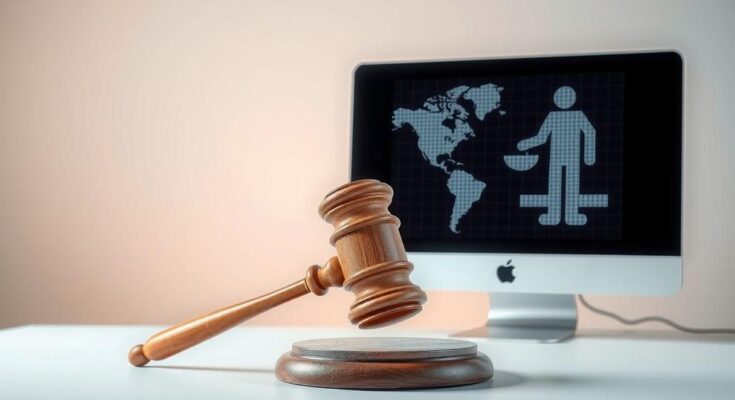The European Court of Human Rights has rendered a landmark decision in the case of Pătrașcu v. Romania, shielding individuals from liability for third-party comments on their social media pages. This ruling underscores the vital essence of free expression, affirming that imposing such liability fosters unwarranted self-censorship and curbs open dialogue. While welcoming this positive outcome, ARTICLE 19 voiced concern over the Court’s lack of clarity in reconciling this ruling with its previous judgments, leaving essential questions for future cases unanswered.
At the heart of the case is Alexandru Pătrașcu, a prominent opera blogger whose online commentary attracted attention and criticism, particularly after he documented a scandal involving the Bucharest National Opera. Romanian courts had held him accountable for comments from others, compelling him to erase these and pay damages. This legal precedent was heavily influenced by prior rulings, which complicated the relationship between free expression and the responsibilities of content moderators on social media.
In its ruling on January 7, the Court declared that holding Pătrașcu liable infringed upon his freedom of expression, a fundamental right safeguarded by Article 10 of the European Convention on Human Rights. The ruling emphasized that while users bear some obligation to moderate comments, they should not shoulder the burden of liability for content not created by them. By clarifying this distinction, the Court hopes to mitigate the chilling effect that such legal accountability could impose on social media users.
The European Court of Human Rights ruled in Pătrașcu v. Romania that social media users cannot be held liable for comments made by others on their posts, reinforcing the importance of free expression. Although this decision is welcomed, there is disappointment over the lack of clarity compared to previous rulings, raising concerns about future implications for online speech.
The European Court of Human Rights’ decision in the case of Pătrașcu v. Romania marks a crucial assertion of users’ rights in the digital landscape, balancing the scales between free expression and accountability. Even as it offers protection against undue liability, the Court leaves necessary questions about the application of its standards unanswered, creating potential challenges for similar cases in the future. The path forward requires clearer guidelines to safeguard freedom of expression while ensuring responsible online content management.
This case emerges from an ongoing debate over the rights and responsibilities of social media users versus platforms. It raises important questions about the extent to which individuals can be held accountable for content posted by others in an age where digital interactions are paramount. Previous case law, such as Delfi v. Estonia, had established a different precedent, highlighting the complexities that arise in determining liability in online communications. ARTICLE 19 and Digital Security Lab Ukraine argued that placing this responsibility on users is problematic, suggesting that it undermines public discourse and enables manipulation by malicious actors.
Original Source: www.article19.org



